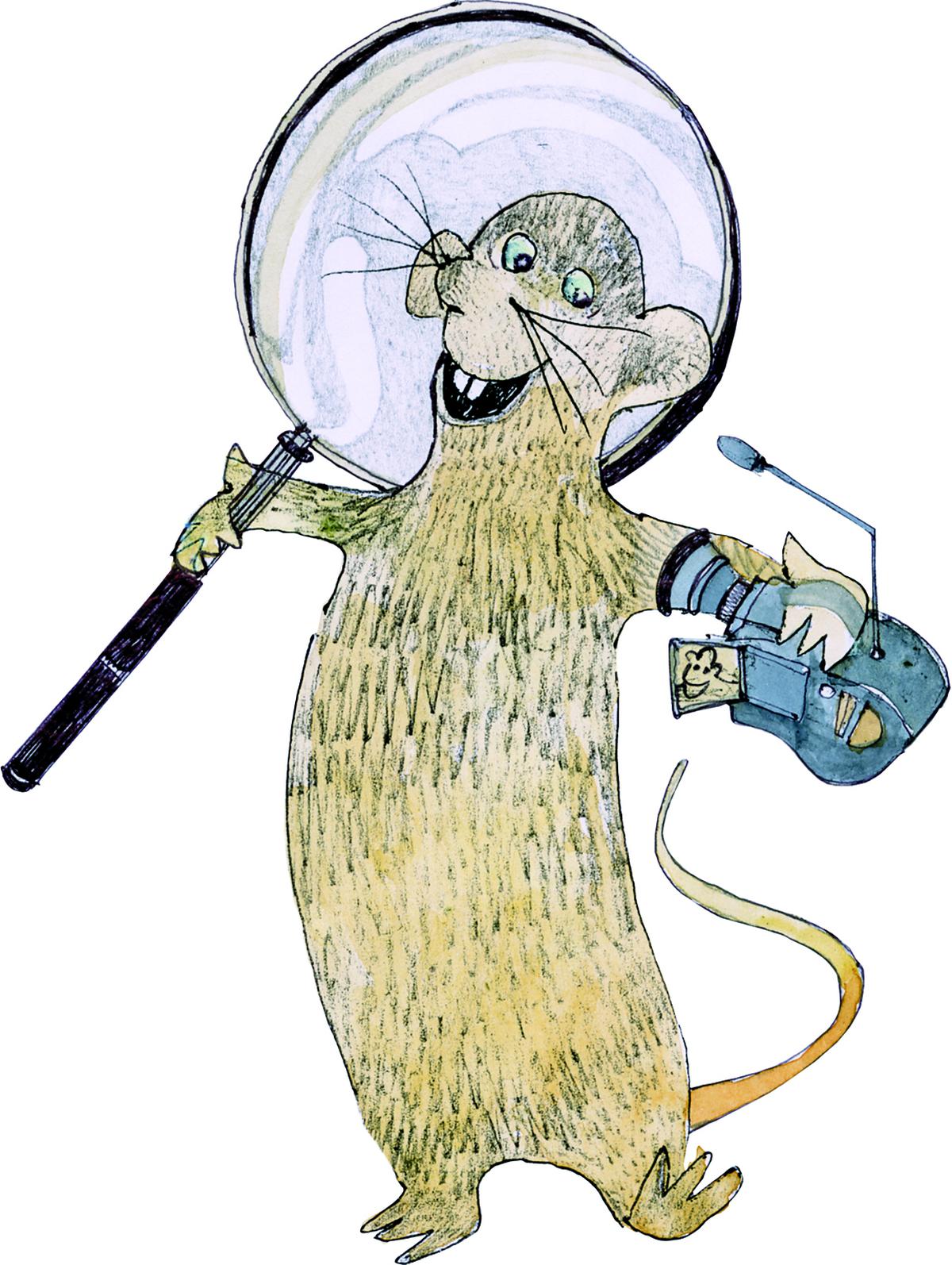Director Saeed Mirza on his memoir of his friend Kundan Shah and why a Nukkad “may not work today”

Saeed Mirza
| Photo Credit: Sohail Hashmi
Seasoned filmmaker Saeed Mirza is in that delightful phase of life aglow with mellow mornings. At nearly 80, most of us would have happily retired from the public eye, preferring to listen to music or spend time with grandchildren. Not so Saeed.
Having virtually said goodbye to the world of Hindi cinema, he is devoting his time to writing. He began with Ammi: Letter to A Democratic Mother, a tribute to his mother, and has now followed it up with an exercise in nostalgia with a rather quizzically titled book I Know the Psychology of Rats.
The title gives nothing away. It is only when one is few pages into this masterpiece on friendship and companionship that one realises this was a memoir of well-known film and TV director Kundan Shah, who was Mirza’s close friend. He calls the book “a tribute to our friendship, to the most astonishingly wonderful guy that Kundan was.”
In this interview to The Hindu, he talks of Shah and the changing grammar of Hindi cinema. Excerpts:
I Know the Psychology of Rats is one of the most unusual biographies. It does not take itself too seriously…
It is another way of seeing a friendship, also a world, simultaneously. The illustrations [by Nachiket Patwardhan] are conceived as murals. It mixes up chronology. It contains the relationship between Kundan and I, a beautiful relationship.

An illustration from the book
| Photo Credit:
NACHIKET PATWARDHAN
You write in the book that Kundan had that middle-class clerk-like appearance and nobody would have thought of him as a filmmaker…
He himself said so: ‘I look more like a clerk than a filmmaker’. Yet, there was an intensity about him like no other filmmaker. I want this book to be accessible to everybody, to let everyone know the kind of genius Kundan was. Towards the end of his life, when he made films like P Se PM Tak, there were smirks that he had lost it. It was not quite true because he was dealing with a world that was turning more and more grotesque.
For a man who gave us a delightful film like Jaane Bhi Do Yaaro and Wagle ki Duniya on the small screen, do you think Kundan would have been better off had he stuck to comedy or satire?
You take the absurdity of a Jaane Bhi Do Yaaro: it was absurd but also true. He somehow felt that was not good enough. He journeyed on. He found a world that pretended to be civilised but was not. He struggled to find a form that could encompass what he felt innately.
Don’t you think he could have avoided making films like Ek Se Badhkar Ek and P se PM Tak?
Ek se Badhkar Ek was pure stupidity whereas P Se PM Tak was a grotesque venture. He was trying to mix forms.
Having said that, do you think we have lost the art of satire?
We have lost the ability to laugh at ourselves. We take ourselves too seriously. We think we are a superior people and the world owes us a lot. It is strange kind of arrogance.
You once gave us Nukkad. Now, we don’t see any possibility of something like that working…
(Laughs) I think the socio-political milieu has shifted so drastically that a Nukkad may not work today.
We see this vast acceptance of South Indian cinema in North and West India…
I am not so sure whether it is the acceptance of South Indian cinema in North India or just soaking in entertainment. I think we are seeing a split personality. At one level, there is Brahmanisation, at another, there is the OBC element in South Indian cinema. We are trying to find ourselves in all kinds of shapes and sizes. Pushpa, RRR and the rest.
Coming back to your book, do you think Hindi cinema will have space for another Kundan Shah?
I cannot put a finger on it. Kundan used to say that we were regressing so rapidly as people that every facade of civility has been stripped away. There was a very thin veneer. Behind this was greed, profiteering, lust and pornography. So how will a Kundan Shah fit in?
Kundan apologised for the Gujarat pogrom of 2002 though he had nothing to do with that…
He was a passionate man, completely honest. He was angry at the [turn of events] even in 1992. When it came to [Babri] masjid, he believed in rebuilding the mosque brick by brick in slow motion so we knew what we had done.
Now in the same film industry we see the biggest film stars and directors kowtowing to the government…
They have lots of skeletons in their cupboard. It does not necessarily mean they agree with what the state is doing. A large section of the industry does not agree with it but they lack the courage to step out. But yes, there are agenda films, made by those people who agree with what is taking place. It is a small percentage but very visible and voluble. It is there on television too.
What’s next?
(Laughs) I don’t know though I want to write an interior monologue and find my own identity in it. As I watched in [Jean-Luc Godard’s] movie Breathless, I want to be a mortal and to die. It is a strange feeling.
For all the latest Entertainment News Click Here
For the latest news and updates, follow us on Google News.
